5 Symptoms of Automatic Transmission Slipping
When the automatic transmission in your car is slipping, it can leave you unexpectedly stuck and even lead to a complete rebuild of the transmission.
Read on to learn the 5 symptoms signaling potential transmission slipping in an automatic vehicle. Catching this issue early on can save you money and prevent breakdowns.
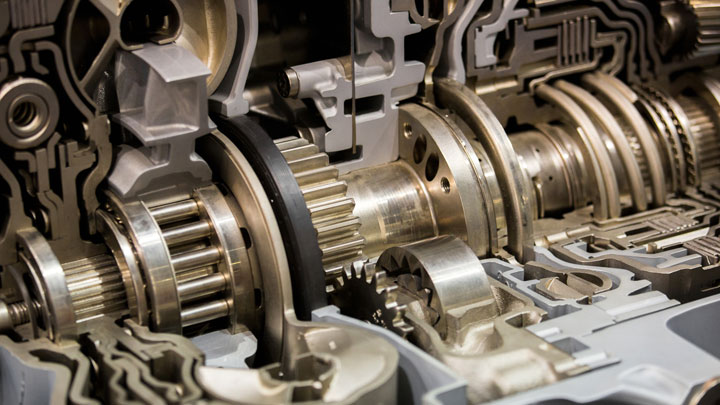
Slipping Automatic Transmission Symptoms
Here are five of the most common signs of automatic transmission slip. As with many other issues, identifying the problem early on can save you hundreds or even thousands of dollars in repair or replacement costs.
#1 – Leaking Transmission Fluid
Most occurrences of transmission slipping take place when the car has low levels of fluids due to a transmission fluid leak. You can locate the leak in a few different places due to a punctured pan, damaged pan gaskets, burst lines, broken seals or even fissures in the torque converter.
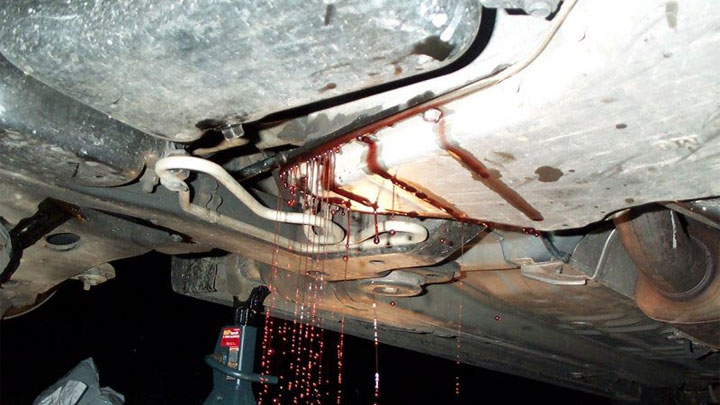
If you insist on driving your vehicle and ignoring the leak, it could result in complete internal failure of the entire transmission system. Therefore, you need to take precautionary measures and seal the leak immediately.
In cases of a minor leak, as long as you monitor your transmission fluid level and top it off when needed, you may be able to postpone the repair for a bit.
#2 – Unusual Smells
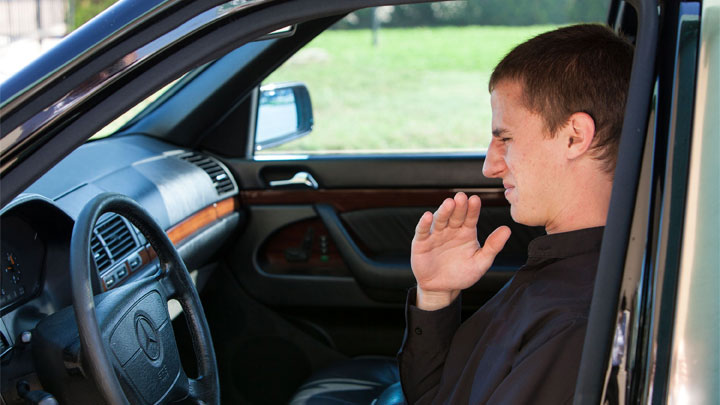
A burning smell from the engine or ever under your car means that either the transmission has overheated or its fluids have started leaking into the exhaust.
Transmission fluid has a huge responsibility when it comes to keeping the transmission system working effectively. Like engine oil, it constantly lubricates the system to prevent overheating.
Any leak may cause the fluid to drip onto extremely hot engine or exhaust components. The produced smell from the burning fluid is often an indication of your transmission slipping.
#3 – Check Engine Light

A check engine light warns a car owner of many things, including problems with the transmission. However, a combination of any other symptom here along with the constant warning from an illuminated “check engine light” should prompt you to have your transmission system diagnosed by a professional mechanic.
The mechanic will use a special diagnostic tool to decipher the actual cause(s) of the warning light to confirm whether the problem is transmission related or something entirely else.
#4 – Rough Shifts
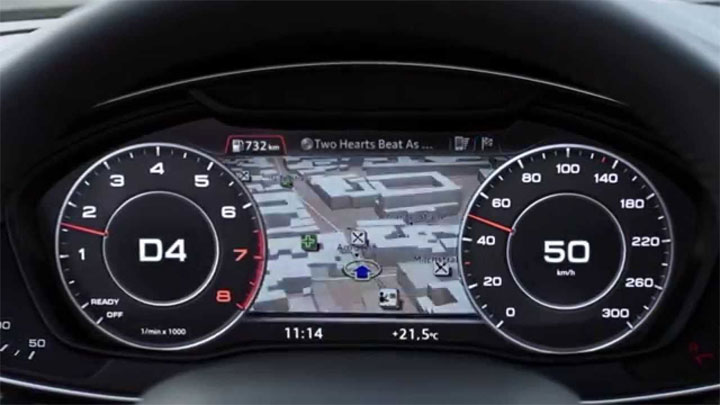
As you drive your car, you might feel like it repeatedly refuses to change gears smoothly or normally, meaning that rough upshifts or downshifts are a common occurrence.
In certain occasions, you may hear or feel a sudden “thud” or “clunk” while shifting gears. If you eventually notice the car having difficulties to pick up speed, that is a clear indication of automatic transmission slipping.
#5 – Delayed Shifts
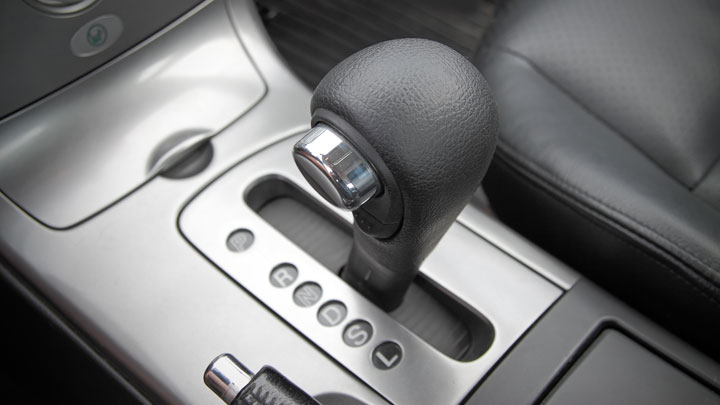
Symptoms of delayed shift engagements means that your car takes a few more seconds before it actually engages into drive to accelerative forward. When shifting the vehicle from Park (P) to Drive (D), you will notice a long break in which the vehicle revs the engine while you press the gas pedal. It will not accelerate forward as usual.
The above symptoms often require the services of a qualified mechanic. Any need for transmission repair, such as replacing parts, should be done by a professional. You should also ask about the warranty of the parts, especially when the automatic transmission needs to be rebuilt.
- Replace the Engine or Replace the Car? (11 Factors to Consider) - Apr 11, 2024
- Plastic Piece Dragging Under Your Car? (What It Is and What To Do) - Mar 21, 2024
- Timing Belt vs Timing Chain (What’s the Difference?) - Feb 27, 2024

It’s good to know that leakages can come from a punctured pan or a burst fluid line. Last night, I noticed that my car was dripping fluid that looks like transmission fluid, and I’m worried that something is wrong. I’ll have to take it to an auto shop to get it fixed right away.
A slow leak makes a mess but probably won’t hurt anything, provided the oil level stays above the “low” line. It’s best to get it fixed anyway so the leak doesn’t damage the road or your driveway.